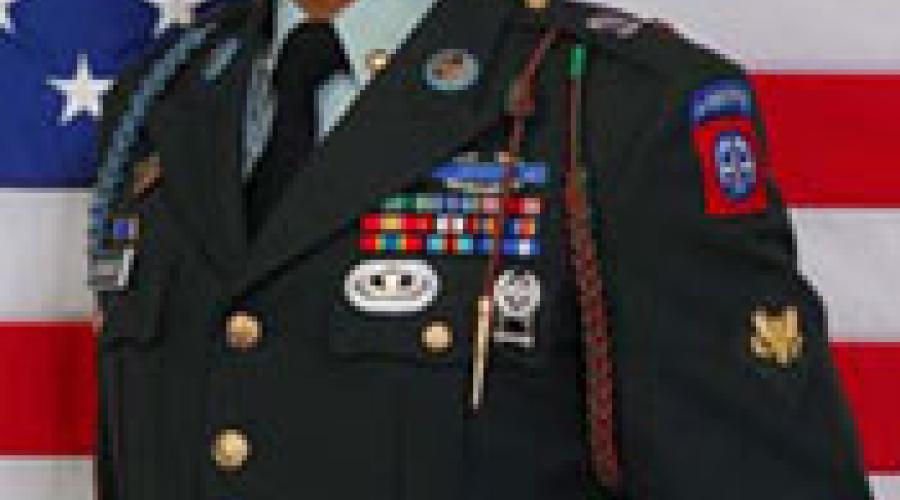
A Soldier's Redemption
ILR Labor and Employment Law Program Director Esta Bigler is among those credited by Osvaldo Hernandez for encouraging the pardon he received from Governor David Paterson.
"I owe a lifelong debt," Hernandez said, to Bigler, U.S. Army General Peter Chiarelli and others who supported the Dec. 29 pardon, which helps clear the way to his dream of becoming a police officer.
"I hope to repay that debt through a lifetime of public service," said Hernandez, whose story has been closely followed by The New York Times and other media.
Until the pardon, a 2003 felony weapons conviction -- from a routine traffic stop during which police found an unlicensed loaded handgun in his car and for which he served eight months in jail -- made him ineligible for work as an officer in a number of law enforcement agencies, including the New York Police Department. Hernandez hopes to become an officer in New York, where he grew up.
A decorated paratrooper who served three years in the military, Hernandez returns this month to Afghanistan for his second tour of duty there. His application to be a New York City police officer is pending. He is scheduled to be released from active duty in November.
Bigler wrote a letter to the governor supporting clemency for the 27-year-old soldier after learning about him as she prepared for the "The Richard Netter Conference on Race, Criminal Records and Employment: Legal Practice and Social Science Research."
The October conference, funded by attorney and Cornell alum Richard Netter, was sponsored by the Labor and Employment Law Program in collaboration with the Cornell Law School.
The conference drew legal experts, social scientists, community activists and policymakers for discussion about workplace discrimination resulting from criminal convictions. It was organized by Bigler, ILR Professor Pamela Tolbert and Adam Klein ILR '87
Bigler '70, writing as an individual, told Patterson, "It is the public policy of our state that New Yorkers with criminal records be able to fully participate in the personal and economic opportunities available to all."
An offense for which the debt has been paid should not become a "life sentence of exclusion," Bigler told the governor.
Bigler's letter, said Hernandez lawyer Jim Harmon, "added a critical dimension to the pardon application – that society must recognize that redemption is real."
The ILR program Bigler directs provides resources for attorneys, judges, legislators, policymakers, labor and management officials, and neutrals on workplace law and its impact on the needs of workers, employers and unions in the United States and abroad.
A link to a television interview with Hernandez can be seen at: http://www.ny1.com/1-all-boroughs-news-content/111437/pardoned-soldier-ships-off-to-afghanistan?ap=1&Flash


